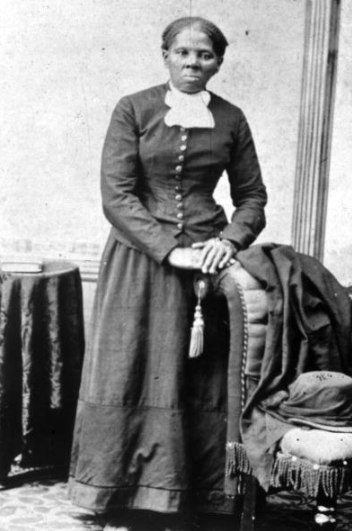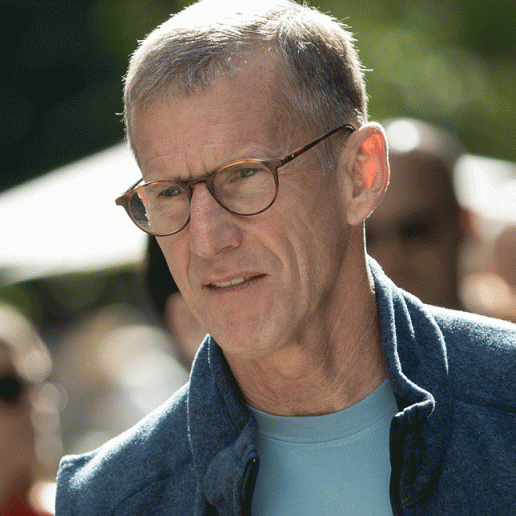Striving to be like your hero—or any leader, for that matter—might be a good thing, might be a bad thing, and might just be a fool’s errand.
Over the course of co-authoring my newest book, Leaders: Myth and Reality rather than asking “How did someone lead,” we found it’s much more fruitful to begin with the question “Why did a leader emerge,” which is another way of asking “What did people need from a leader in a particular situation?”
What Makes A Hero
First of all, you need a group of people that can call someone a hero. For example, for Harriet Tubman, one of the leaders profiled in the book, that was a nation-wide movement of abolitionists (including many former slaves like Tubman). Over time, she’s become heroic to a much broader audience, but in her own life, she was above all an abolitionist hero.

Second, Tubman took actions—freeing some 80 slaves on 13 raids into Maryland’s eastern shore—that resonated deeply with abolitionist ideals. in our book, we excerpt how about a half-dozen other abolitionist leaders refer to Tubman in their letters. One of them refers to her as “the greatest heroine of our age” on account of her “generalship and ingenuity” which were “extraordinary.” And even more so because every time she returned south to the land of her bondage, she was risking death.
Abolitionists’ aim was the end of slavery. Harriet Tubman became a hero by taking risky action that had high fidelity with abolitionist values.
The Power of Heroism
Let’s explain that model in the abstract. Heroes become heroes because they do the thing that most starkly represents group values. They make the ephemeral visceral. Out of all the forms of leadership we cover in the book, “Hero” is a particularly powerful model. Heroes give followers a sense that the goal the group is working toward is humanly achievable.
The power of this form of leadership is precisely why striving to be like your hero might not necessarily be a good thing. While Harriet Tubman is beyond moral reproach, the same model of “hero” could be applied to other leaders whose aims were not as noble.
In our book, Robespierre might provide the best counterpoint. Through his fidelity to revolutionary ideals, he became idolized by a large faction of French society. Some historians of the period actually use term “revolutionary hero” when discussing the phenomenon of Robespierre’s leadership. But Robespierre found himself in a feedback loop wherein it was difficult for him to moderate or compromise, and he ultimately helped to push the French Revolution in an ugly, bloody direction.
Heroism is powerful because it concentrates the energy of a group. Heroic leaders can do tremendous good. But because human beings—and especially groups of them—can make horrible mistakes, that also makes heroic leaders potentially dangerous.
And even if striving to be like a hero isn’t dangerous, it probably won’t work. When I was young, my father told me that, immediately after World War II in the US Army, there were a number of George Patton knockoffs–people who pursued his persona–but it never worked. They were frauds. Ultimately, you need to be the best version of yourself, not a poor version of someone else.
This piece was adapted from the answer to “Why is striving to be like your hero not necessarily a good thing?” that was asked during a recent Quora Session I hosted along with my co-authors, Jeff Eggers and Jason Mangone.

